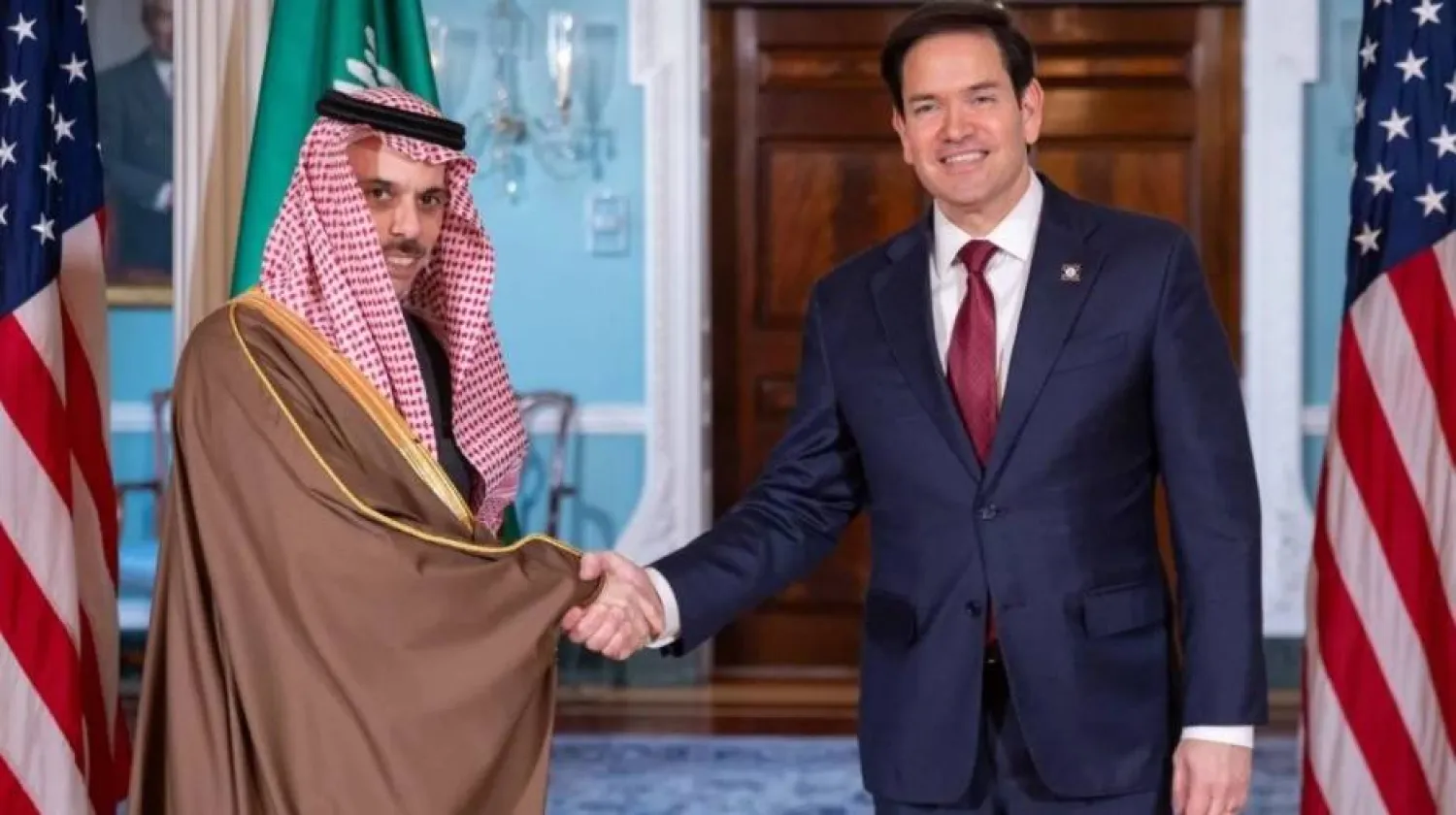Saudi-US coordination has seen a notable uptick in recent days, with five rounds of bilateral consultations held over the span of a week. The talks, which covered political, defense, and security issues, as well as regional and international developments, reflect deepening engagement between the two allies.
The surge in activity comes amid growing momentum in the relationship, with Riyadh hosting multiple American delegations in recent weeks, including repeated visits by the US Secretary of State.
The heightened diplomatic exchange also precedes a planned visit by US President Donald Trump to Saudi Arabia in May — his first overseas trip during his second term in office.
As part of this intensified coordination, US Central Command chief Gen. Erik Kurilla conducted a five-day tour of the region from April 1 to 5, visiting five countries. He spent two days in Saudi Arabia, where he met with Saudi Chief of General Staff Gen. Fayyad Al-Ruwaili late last week.
Kurilla, Al-Ruwayli, and the other leaders discussed shared security concerns, the importance of joint readiness and interoperability, and their mutual commitment to addressing regional threats, according to a statement released by USCENTCOM.
Earlier this week, Vice Minister of Foreign Affairs Waleed Elkhereiji met with Chargé d'Affaires ad interim of the US to the Kingdom Alison Dilworth at the Ministry of Foreign Affairs in Riyadh.
According to the Saudi Foreign Ministry, the two officials reviewed bilateral relations and discussed key regional and international developments, along with efforts to address them.
Saudi Minister of Defense Prince Khalid bin Salman also received a phone call from US Secretary of Defense Pete Hegseth on Monday.
They discussed defense cooperation between the two countries.
They also spoke about regional developments and shared efforts to enhance security and stability in the region and beyond.
The two officials reviewed the state of Saudi-US defense ties and explored prospects for deeper cooperation, according to a readout of the call.
Pentagon spokesperson Sean Parnell said in a statement that the defense chiefs discussed the regional security landscape, including progress in US operations aimed at degrading Houthi capabilities and ensuring freedom of navigation in the Red Sea.
Both sides also discussed opportunities to expand the US-Saudi partnership in defense affairs and agreed to maintain close communication going forward.
Saudi Foreign Minister Prince Faisal bin Farhan arrived in Washington on an official visit, where he met US Secretary of State Marco Rubio on Wednesday at the State Department.
The two top diplomats discussed developments in Gaza, Sudan, Yemen, and the Russia-Ukraine war, exchanging views on ways to support international peace and security. They also explored options to strengthen coordination and cooperation on regional and global issues of mutual concern.
The talks also focused on the strategic ties between the two countries and opportunities to deepen them across various sectors.
In a statement, State Department spokesperson Tammy Bruce said Rubio thanked Saudi Arabia for its efforts to help mediate peace between Russia and Ukraine, bolster economic and defense cooperation, counter Houthi threats in the region, and restore freedom of navigation in the Red Sea.
Bruce added that the ministers also discussed diplomatic efforts aimed at securing the release of hostages in Gaza and achieving a permanent ceasefire that includes the full disarmament of Hamas and dismantling of its authority.
The statement said Prince Faisal and Rubio agreed on the need for Sudan’s armed forces and the Rapid Support Forces to resume peace talks, protect civilians, open humanitarian corridors, and return to civilian rule.
According to Ahmed Al-Ibrahim, an expert in US and international affairs, Saudi-US coordination is currently experiencing one of its strongest phases.
He told Asharq Al-Awsat that global and regional dynamics are pushing both sides to intensify consultation and cooperation - a trend reflected in five rounds of talks held in less than a week.
Al-Ibrahim said the heightened level of coordination underscores Saudi Arabia’s strategic importance to both regional and global peace and security, as well as to Washington’s foreign policy priorities.
Key issues such as freedom of navigation in the Red Sea, the war in Gaza, Sudan, and developments in Syria and Lebanon, highlight Riyadh’s central role, he noted.
He added that two of the most pressing US foreign policy challenges - the war in Gaza and the conflict in Ukraine - are seeing significant Saudi engagement.
Riyadh, he said, has been actively advocating for a ceasefire in Gaza and has taken a leading role in hosting and supporting peace talks related to the Ukraine war, along with broader Russian-American relations.









